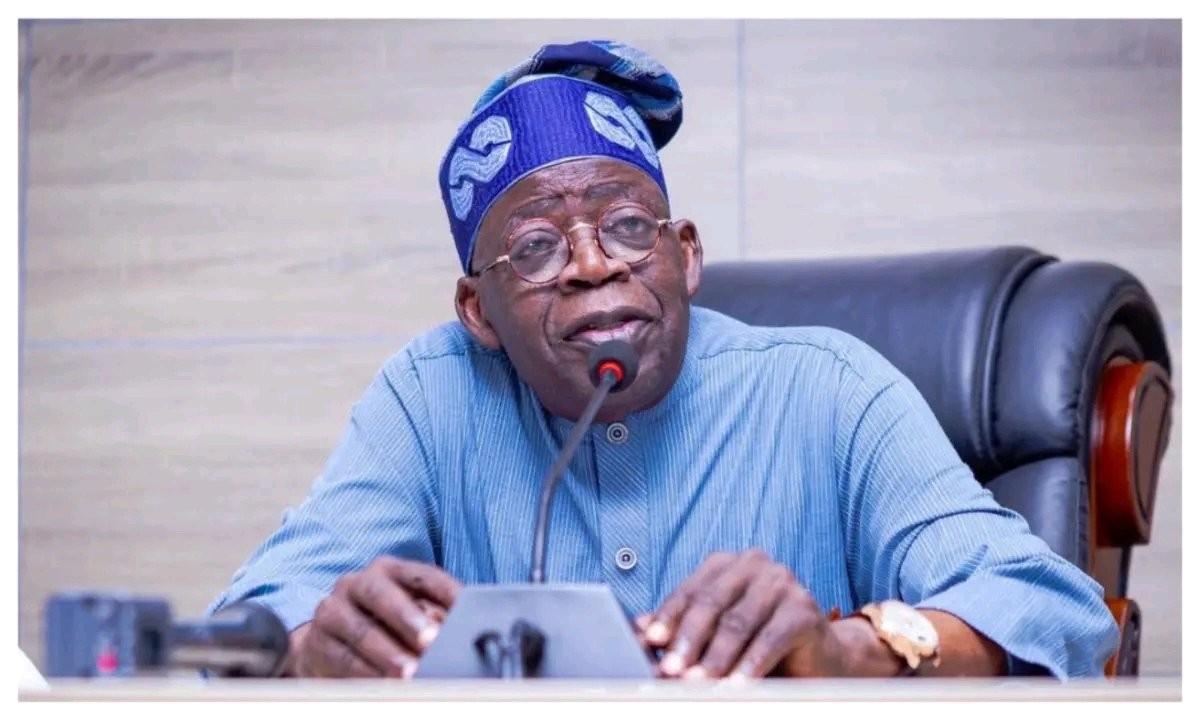Nigeria Seeks UN Partnership for $10bn Long-Term Fund to Address Internal Displacement.
The Federal Government has appealed to the United Nations for support in accessing a $10 billion long-term financing plan aimed at tackling the country’s growing internal displacement and humanitarian challenges.
Minister of Budget and Economic Planning, Senator Abubakar Bagudu, made the appeal during a roundtable on “Humanitarian Development and Peacebuilding Approaches to Durable Solutions for Internally Displaced Persons” held in Abuja on Wednesday.
Bagudu said the government could deploy such financing ideally at a four percent interest rate to create wealth among displaced populations while addressing the root causes of displacement. He noted that donor-based grants were shrinking and urged the UN to help Nigeria tap into the capital market for sustainable, long-term funds.
He added that the government’s fiscal policies were designed to reduce waste, empower subnational governments, and promote inclusive development through programmes like the Renewed Hope Ward-Based Development Plan and Solutions for the Internally Displaced and Host Communities (SOLID) initiative, which maps economic opportunities across 8,809 wards nationwide.
Minister of State for Humanitarian Affairs and Poverty Reduction, Dr. Yusuf Sununu, stressed that Nigeria’s humanitarian response must transition “from relief to resilience,” focusing on prevention, national leadership, and coordinated accountability.
UN Resident and Humanitarian Coordinator, Mr. Mohammed Fall, commended Nigeria’s ongoing efforts in Borno, Yobe, and Adamawa, pledging continued UN support to help displaced persons “regain their dignity and rebuild their lives.”
The Federal Government has appealed to the United Nations for support in accessing a $10 billion long-term financing plan aimed at tackling the country’s growing internal displacement and humanitarian challenges.
Minister of Budget and Economic Planning, Senator Abubakar Bagudu, made the appeal during a roundtable on “Humanitarian Development and Peacebuilding Approaches to Durable Solutions for Internally Displaced Persons” held in Abuja on Wednesday.
Bagudu said the government could deploy such financing ideally at a four percent interest rate to create wealth among displaced populations while addressing the root causes of displacement. He noted that donor-based grants were shrinking and urged the UN to help Nigeria tap into the capital market for sustainable, long-term funds.
He added that the government’s fiscal policies were designed to reduce waste, empower subnational governments, and promote inclusive development through programmes like the Renewed Hope Ward-Based Development Plan and Solutions for the Internally Displaced and Host Communities (SOLID) initiative, which maps economic opportunities across 8,809 wards nationwide.
Minister of State for Humanitarian Affairs and Poverty Reduction, Dr. Yusuf Sununu, stressed that Nigeria’s humanitarian response must transition “from relief to resilience,” focusing on prevention, national leadership, and coordinated accountability.
UN Resident and Humanitarian Coordinator, Mr. Mohammed Fall, commended Nigeria’s ongoing efforts in Borno, Yobe, and Adamawa, pledging continued UN support to help displaced persons “regain their dignity and rebuild their lives.”
Nigeria Seeks UN Partnership for $10bn Long-Term Fund to Address Internal Displacement.
The Federal Government has appealed to the United Nations for support in accessing a $10 billion long-term financing plan aimed at tackling the country’s growing internal displacement and humanitarian challenges.
Minister of Budget and Economic Planning, Senator Abubakar Bagudu, made the appeal during a roundtable on “Humanitarian Development and Peacebuilding Approaches to Durable Solutions for Internally Displaced Persons” held in Abuja on Wednesday.
Bagudu said the government could deploy such financing ideally at a four percent interest rate to create wealth among displaced populations while addressing the root causes of displacement. He noted that donor-based grants were shrinking and urged the UN to help Nigeria tap into the capital market for sustainable, long-term funds.
He added that the government’s fiscal policies were designed to reduce waste, empower subnational governments, and promote inclusive development through programmes like the Renewed Hope Ward-Based Development Plan and Solutions for the Internally Displaced and Host Communities (SOLID) initiative, which maps economic opportunities across 8,809 wards nationwide.
Minister of State for Humanitarian Affairs and Poverty Reduction, Dr. Yusuf Sununu, stressed that Nigeria’s humanitarian response must transition “from relief to resilience,” focusing on prevention, national leadership, and coordinated accountability.
UN Resident and Humanitarian Coordinator, Mr. Mohammed Fall, commended Nigeria’s ongoing efforts in Borno, Yobe, and Adamawa, pledging continued UN support to help displaced persons “regain their dignity and rebuild their lives.”
0 Reacties
·0 aandelen
·718 Views




